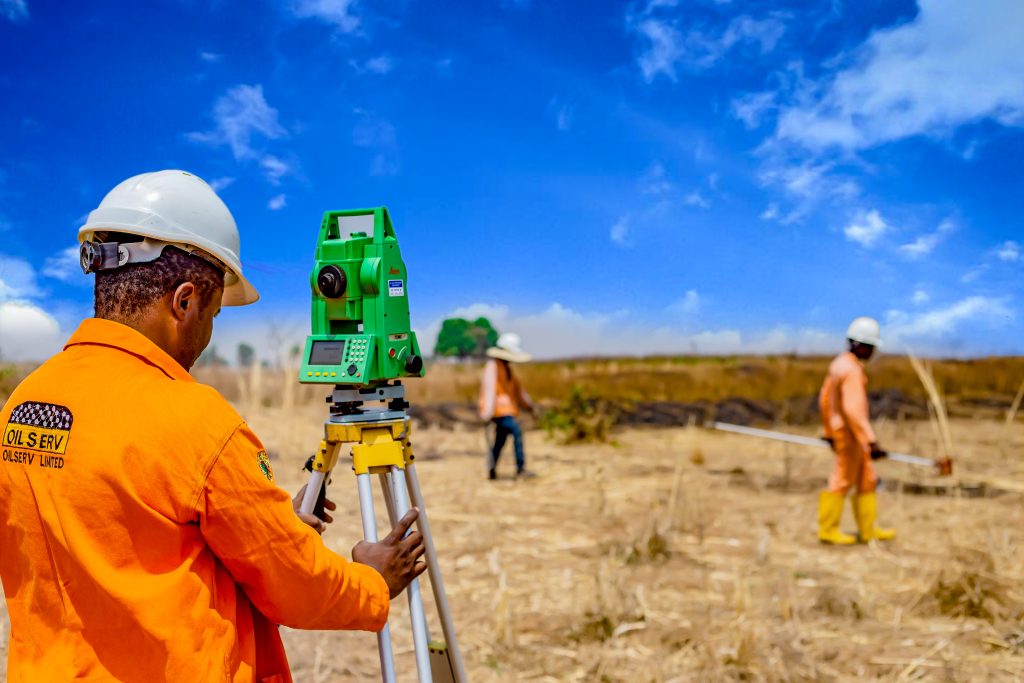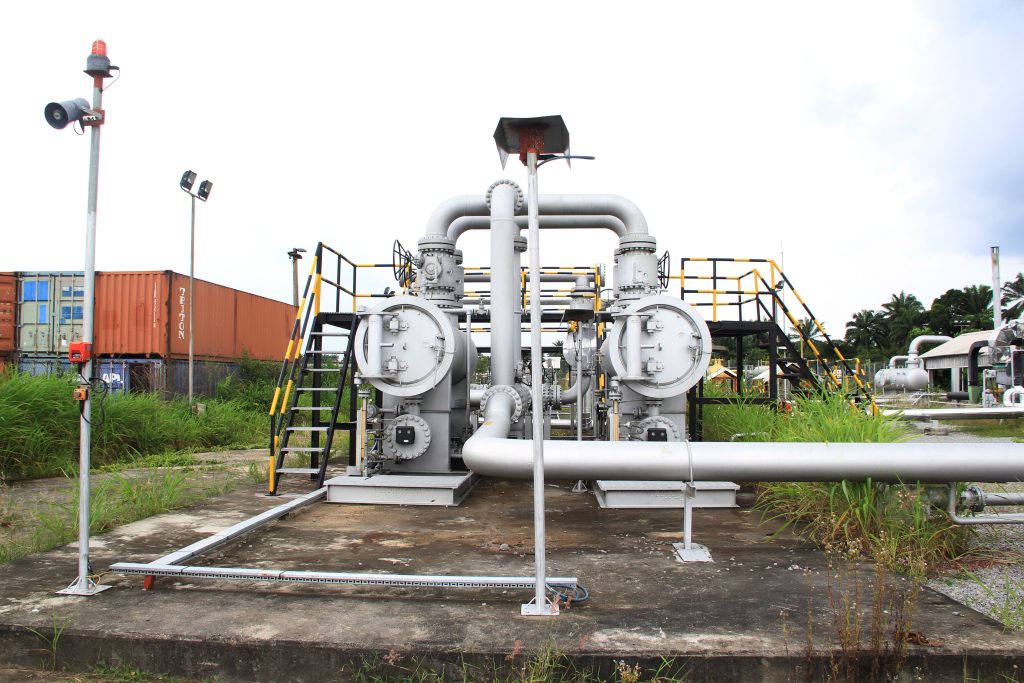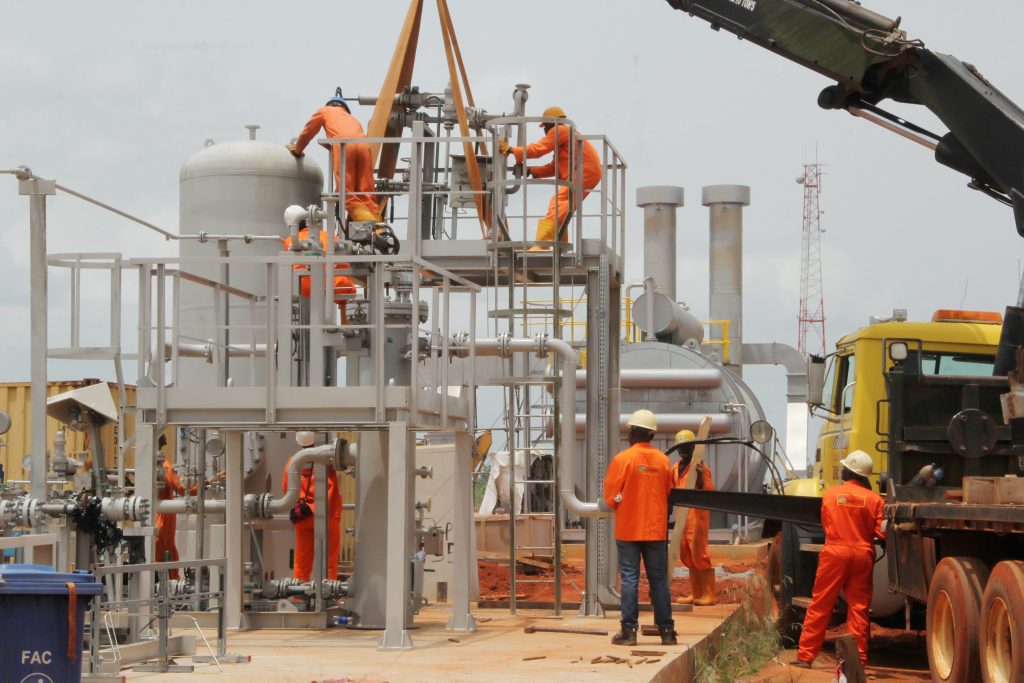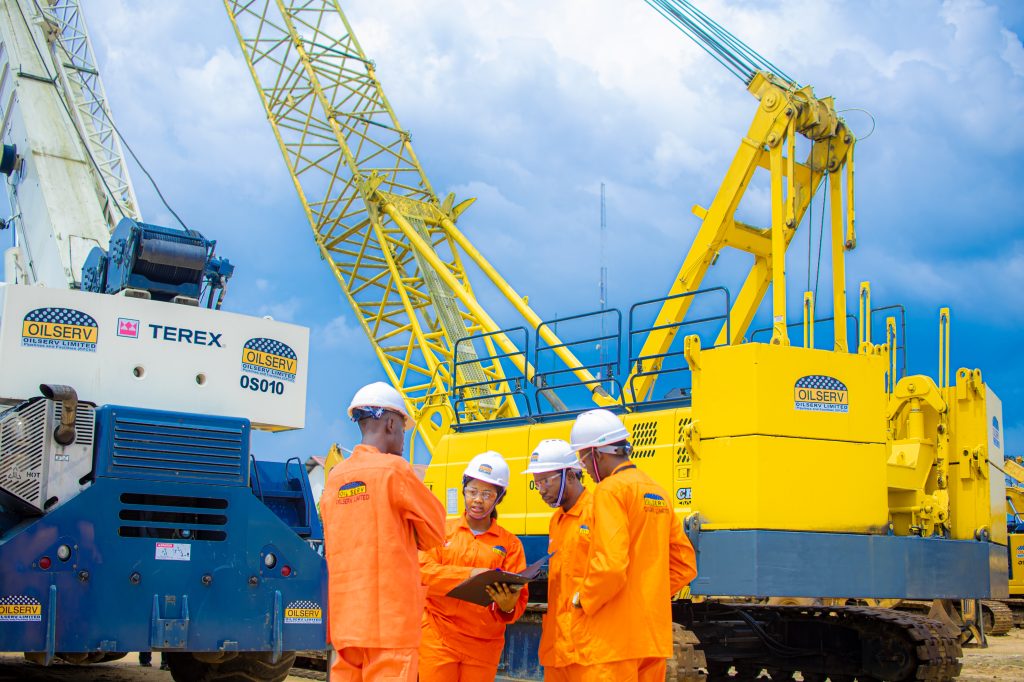During the 2024 Sub-Saharan Africa International Petroleum Exhibition and Conference (SAIPEC), Engr. (Dr.) Emeka Okwuosa CON, the Group Chief Executive Officer of Oliserv Group of Companies, represented by the Acting Group Chief Operating Officer, Engr. Nnanna Anyanwu, shed light on the hurdles indigenous oil service companies face in acquiring IOC-divested assets. Presenting under the theme “Financing Africa’s Energy Companies – A Focus on Independents and Indigenous Operators,” he emphasized the critical challenges and outlined strategies for navigating them effectively.

Engr. Anyanwu, pinpointed financial constraints as a primary obstacle. He highlighted the significant financial resources, upfront payments, and investment commitments required to secure divested assets, underscoring the financial capacity gap faced by many indigenous companies in competing for such assets. Furthermore, the limited access to capital from traditional sources like banks, private equity firms, and capital markets, which often prioritize green energy investments, exacerbates the challenge. Engr. Anyanwu stressed how this restricted access to capital hampers the ability to fund critical activities such as acquisitions, exploration, development, and operations, essential for optimizing acquired assets effectively.
Regulatory complexities were also addressed, with Engr. Anyanwu acknowledging how they inadvertently add layers of complexity to the acquisition and operation of divested assets. He emphasized the necessity for indigenous companies to develop effective mechanisms to navigate these frameworks to secure and maintain ownership of such assets successfully.
Moreover, Engr. Anyanwu highlighted the looming political and security risks that could affect indigenous companies pursuing divested assets. These risks, including delays in project approvals, increased operational costs, and disruptions to development and production, pose significant challenges to investment and operational stability.
Inadequate infrastructure, encompassing transportation networks, power supply, and port facilities, further compounds the challenges faced by indigenous companies in the energy sector. Maintaining a delicate balance in community relations and social responsibility issues is also crucial, necessitating robust due diligence and risk management processes to address legacy matters and socio-economic challenges effectively.
Engr. Anyanwu challenged indigenous operators to focus on building value and promoting investment through capacity building initiatives, urging them to embrace new trends in research, innovation, certification, compliance, training, and mentorship programs. To empower and enhance competitiveness, Engr. Anyanwu recommended initiatives such as those led by the Nigerian Content Development and Monitoring Board (NCDMB), aimed at promoting the participation of Nigerians and indigenous companies in the oil and gas industry. These initiatives aim to implement policies and programs geared towards increasing local content in the sector, fostering sustainable development and growth opportunities for indigenous players.











